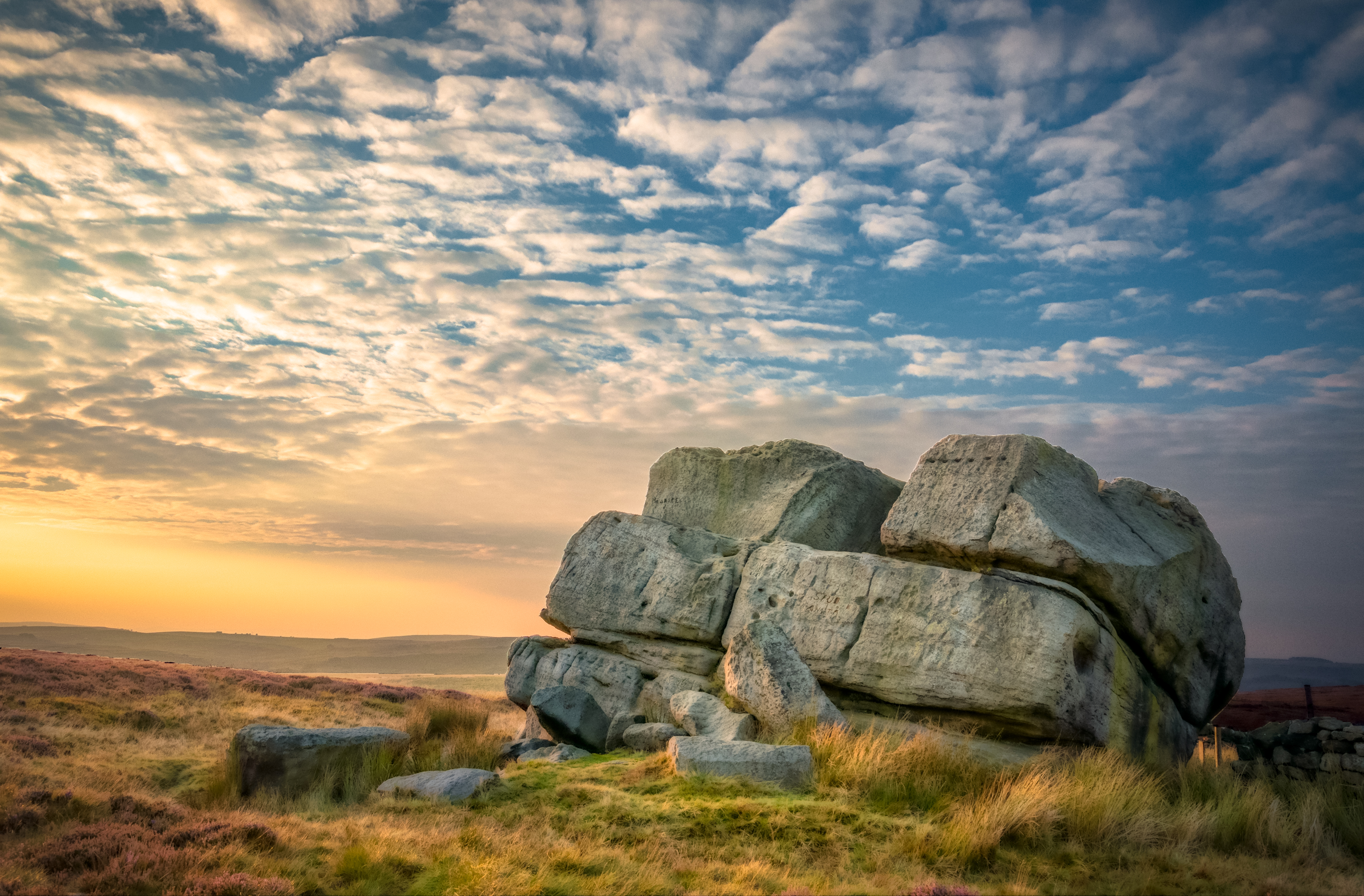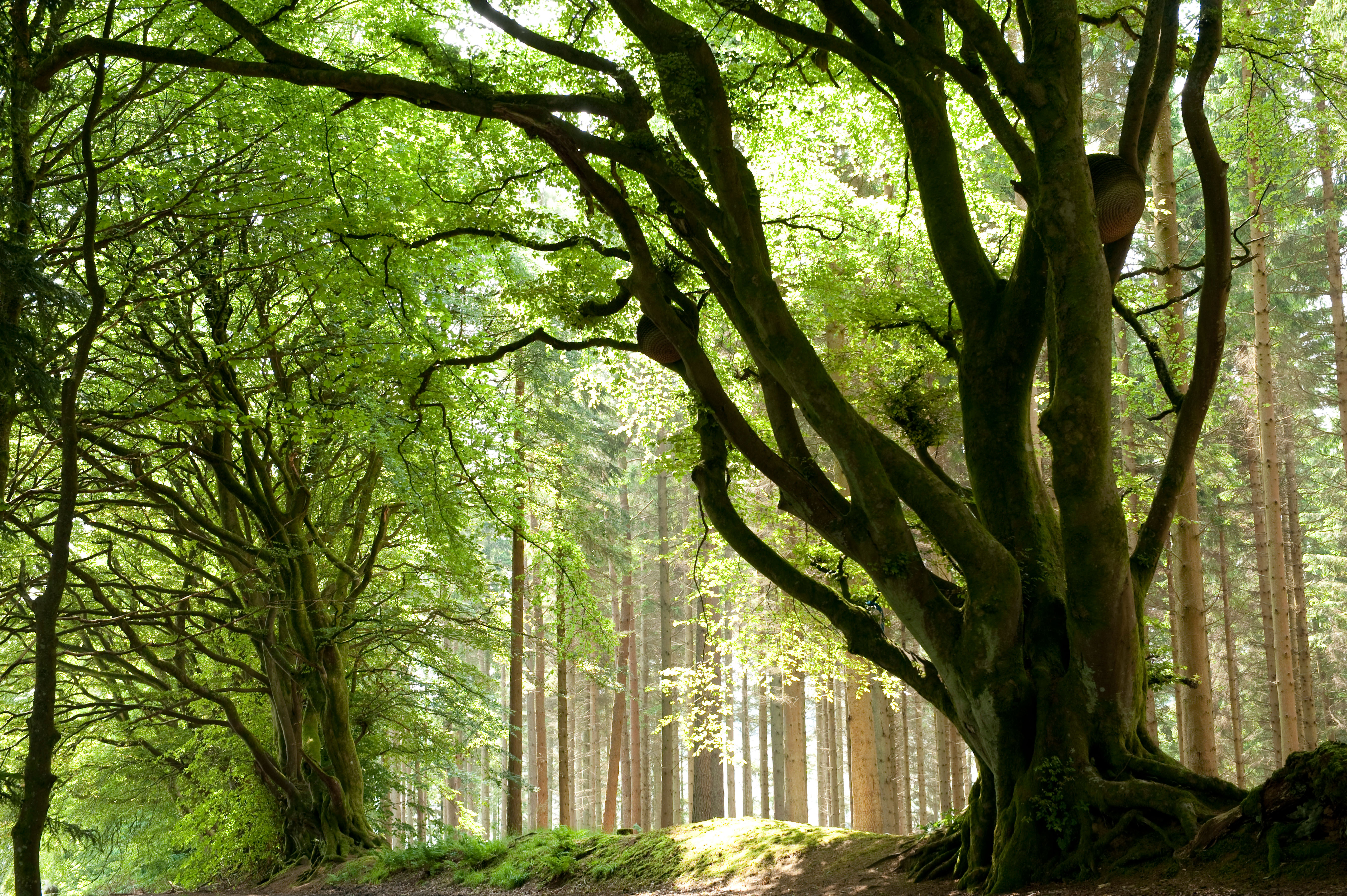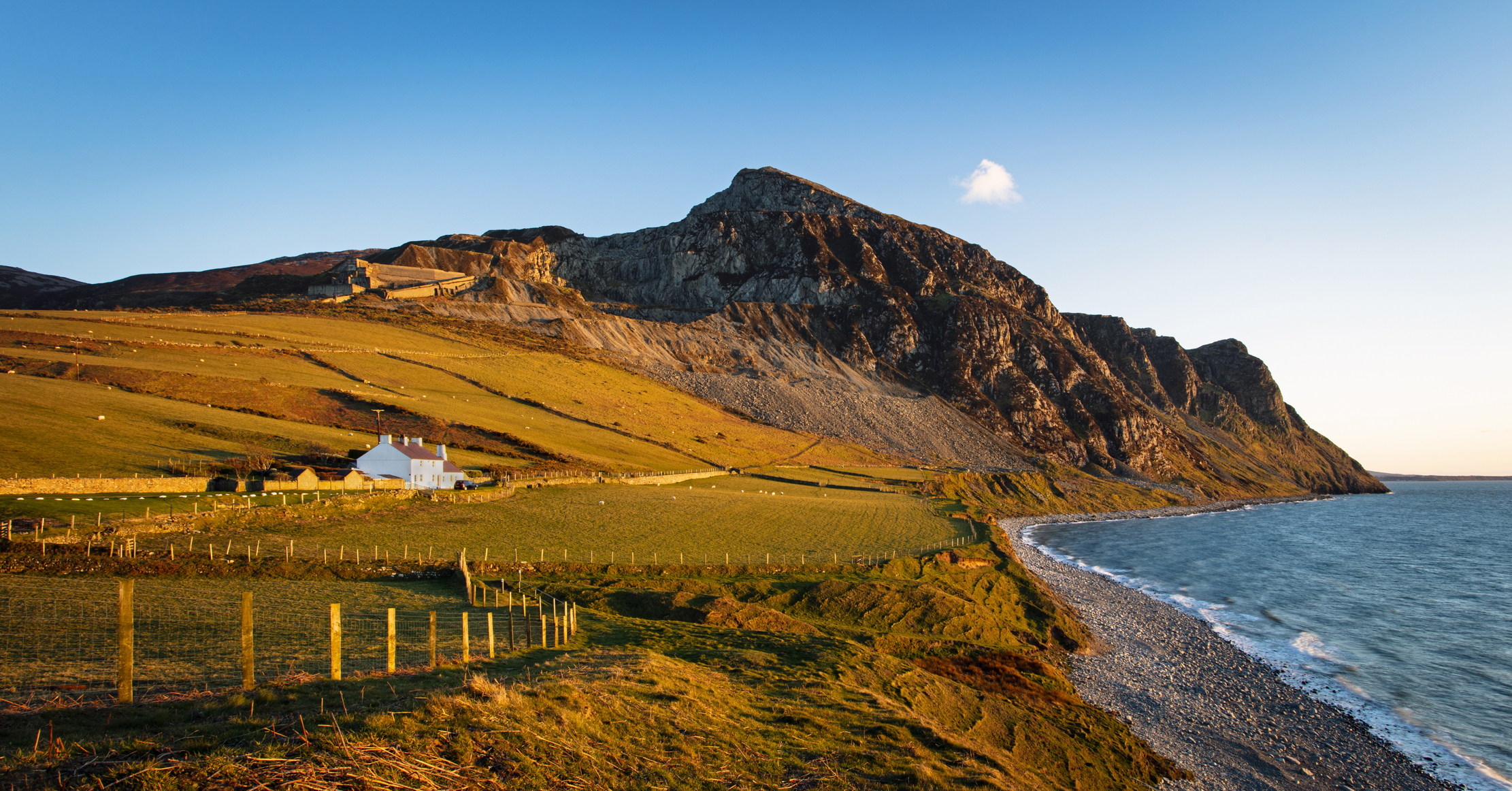National Galleries Scotland cut ties with BP over climate
Citing the climate emergency, the Scottish institution has announced it will no longer partner with BP for its Portrait Award, which the oil giant had been sponsoring for 30 years. The move has been welcomed by climate campaigners, who are now asking other museums and galleries to follow suit.


National Galleries Scotland is severing ties with BP over climate change. The oil giant had been sponsoring a portrait award at the Scottish National Portrait Gallery — one of the three institutions that form National Galleries Scotland — for 30 years. However, the museum group has announced that the 2019 edition of the award, which opens on December 7, will be the last one ‘in its present form’.
A statement published on the Galleries website acknowledged its responsibility to tackle climate change and noted that ‘for many people, the association of [the portrait] competition with BP is seen as being at odds with that aim. Therefore, after due consideration, the Trustees of the National Galleries of Scotland have decided that this will be the last time that the galleries will host this exhibition in its present form.’
The Galleries group is the fourth important cultural institution to end its relationship with an oil company this year, following in the footsteps of the National Theatre, which in October declared it would drop its link to Shell, and the Edinburgh Science Festival and the Royal Shakespeare Company, which announced they would cut ties with BP in April and October respectively.
When the RSC sponsorship was terminated, BP expressed 'dismay', stating on its website that 'the increasing polarisation of debate, and attempts to exclude companies committed to making real progress, is exactly what is not needed. This global challenge needs everyone – companies, governments and individuals – to work together to achieve a low carbon future.'
Climate campaigners have hailed the National Galleries Scotland’s decision as a major victory. Chris Garrard, co-director at campaigning organisation Culture Unstained, said that the move was ‘nothing short of seismic...The trustees have recognised that, in a time of climate emergency, an ethical red line must be drawn and BP is on the wrong side of it.’
Similarly, the Art Not Oil coalition, whose main aim is to put ‘an end to oil-industry sponsorship of the arts,’ called the decision an example of ‘real climate leadership’ on Twitter, while another pressure group, BP or not BP, congratulated the Scottish institution ‘for doing the right thing’.
The move will also put pressure on other museums to follow suit—chief among all the National Portrait Gallery, which, earlier this year, received an open letter, written by Gary Hume and signed by more than 70 of the country’s most prominent artists, asking it to sever links with BP on the grounds that the oil company is still investing the vast majority of its capital on fossil fuels.
Sign up for the Country Life Newsletter
Exquisite houses, the beauty of Nature, and how to get the most from your life, straight to your inbox.
‘A crucial role of art is to describe to future generations what it is to be alive now, and to provide an echo of our humanity to those who seek it in the future,’ the letter said. ‘We believe that, today, the loss of BP as a source of funding is a cost worth bearing, until the company changes course and enables future generations to make art in a world that resembles our own.’
Indeed, Culture Unstained has already called for the National Portrait Gallery to ‘follow [the Scottish] lead, cut its ties with BP and reinvent the Portrait Award as a positive celebration of portraiture.’ And BP or not BP is organising a mass protest against the BP-sponsored 'Troy' exhibition at the British Museum for Saturday, February 8, 2020. The museum’s board chose to continued its partnership with the oil company earlier this year, triggering the resignation of one of its members.

Drying peatlands could release carbon, worsening climate change, according to scientists
A joint study by academics from many UK and international universities found that peatlands, which, until now, have been some

'A superb weapon in the battle against climate change': Plans to plant one million trees in Northumberland
The government has announced plans for a new Great Northumberland Forest in a bid to tackle climate change.
Carla must be the only Italian that finds the English weather more congenial than her native country’s sunshine. An antique herself, she became Country Life’s Arts & Antiques editor in 2023 having previously covered, as a freelance journalist, heritage, conservation, history and property stories, for which she won a couple of awards. Her musical taste has never evolved past Puccini and she spends most of her time immersed in any century before the 20th.
-
 The King's favourite tea, conclave and spring flowers: Country Life Quiz of the Day, April 22, 2025
The King's favourite tea, conclave and spring flowers: Country Life Quiz of the Day, April 22, 2025Tuesday's Quiz of the Day blows smoke, tells the time and more.
By Toby Keel
-
 London is the place for me* (*the discerning property buyer)
London is the place for me* (*the discerning property buyer)With more buyers looking at London than anywhere else, is the 'race for space' finally over?
By Annabel Dixon